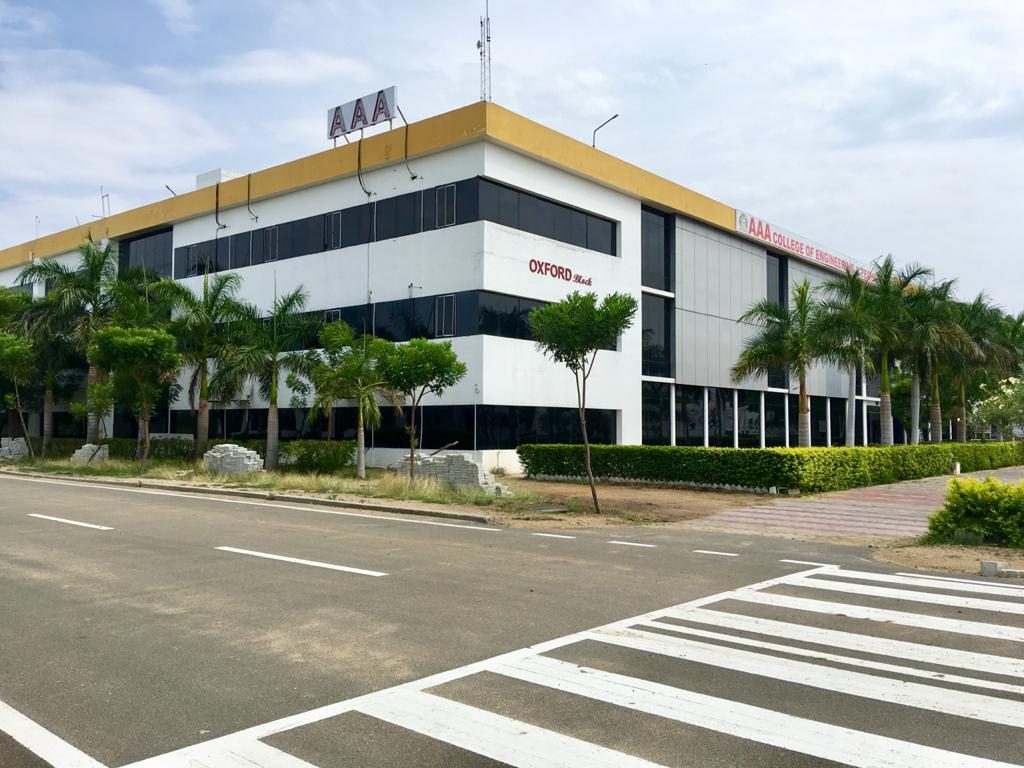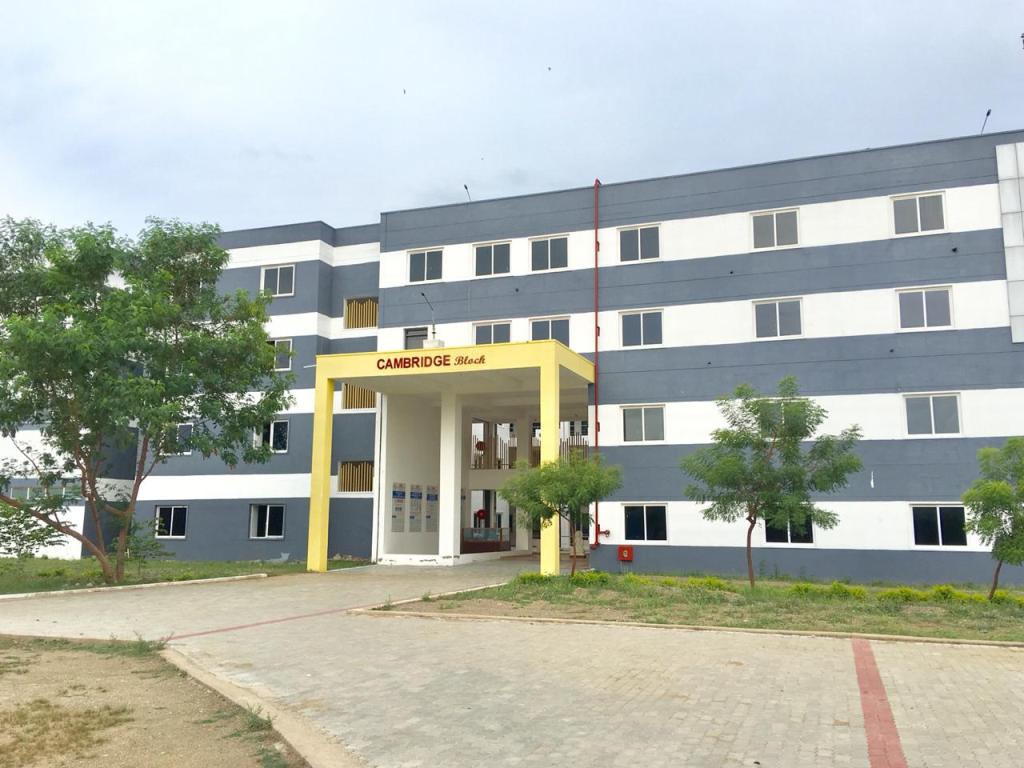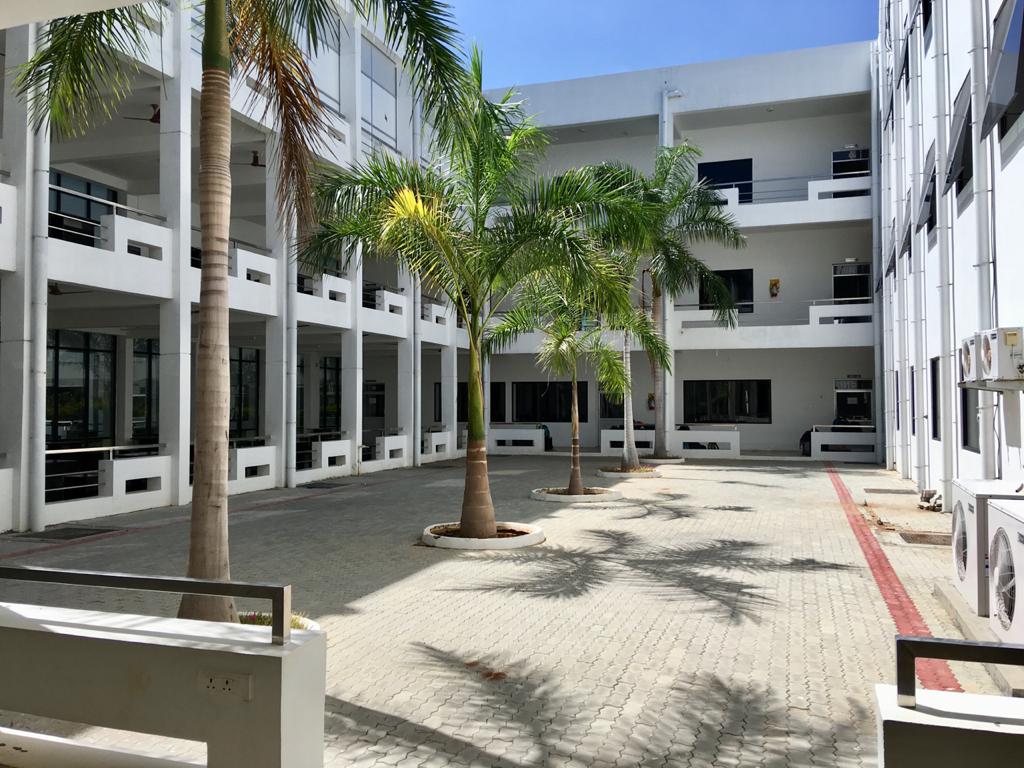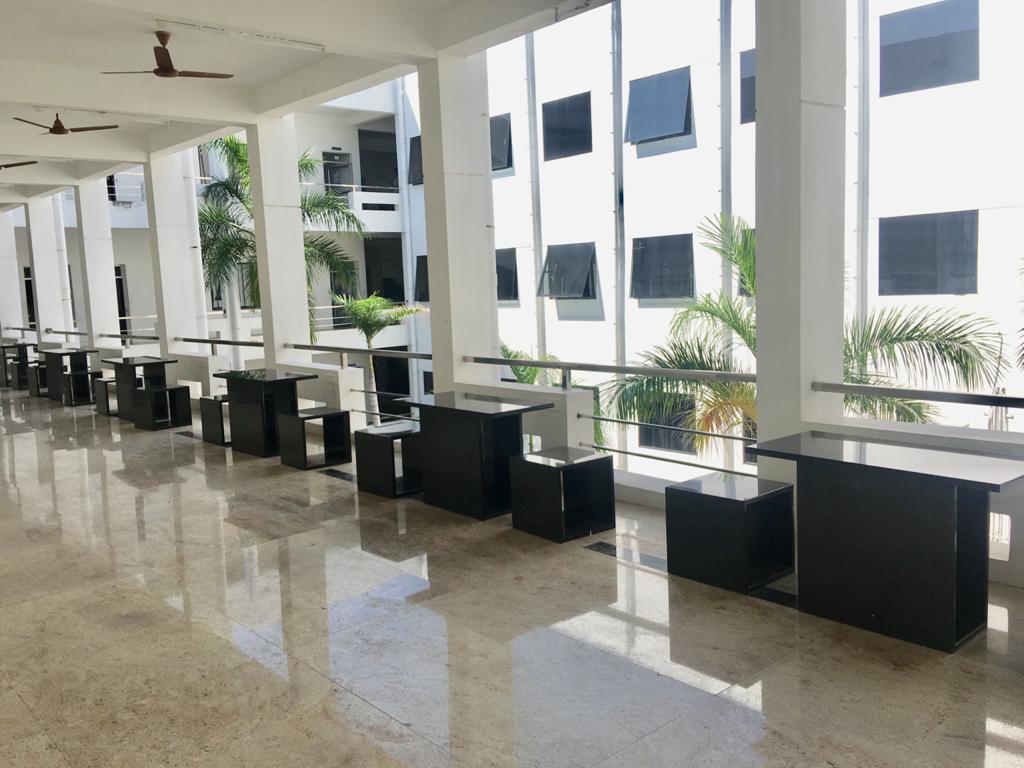Program Specific Outcomes (PSOs)
-
1
Ability to apply the basic and fundamental knowledge to identify, formulate and solve real-time problems in the field of electronics and communication engineering.
-
2
Ability to comprehend and demonstrate the technical competency in the usage of modern software/hardware tools to design, analyze, synthesis and validation of components, subsystems and processes in VLSI, Signal Processing and Embedded control Systems.
-
3
Ability to apply domain knowledge to carry out innovative projects with ethical and professional constraints leading to a successful career.
Program Educational Objectives (PEOs)
-
1
Graduates have profound knowledge in the field of electronics and communication engineering and have successful career in industry or by pursuing higher education and research or by becoming as an entrepreneur.
-
2
Graduates demonstrate their technical competency and problem-solving skills in developing innovative, economic and environmentally feasible engineering solutions for multi-disciplinary applications and societal needs.
-
3
Graduates possess leadership qualities and ethical attitude to work efficiently with diverse teams, adapt to recent technology trends by engaging in lifelong learning and participating in research and development.
Program Outcomes
PO-1 | Engineering knowledge: Apply the knowledge of mathematics, science, engineering fundamentals, and engineering specialization to the solution of complex engineering problems. |
PO-2 | Problem analysis: Identify, formulate, research literature, and analyze engineering problems to arrive at substantiated conclusions using first principles of mathematics, natural, and engineering sciences. |
PO-3 | Design/development of solutions: Design solutions for complex engineering problems and design system components, processes to meet the specifications with consideration for the public health and safety, and the cultural, societal, and environmental considerations. |
PO-4 | Conduct investigations of complex problems: Use research-based knowledge including design of experiments, analysis and interpretation of data, and synthesis of the information to provide valid conclusions. |
PO-5 | Modern tool usage: Create, select, and apply appropriate techniques, resources, and modern engineering and IT tools including prediction and modeling to complex engineering activities with an understanding of the limitations. |
PO-6 | The engineer and society: Apply reasoning informed by the contextual knowledge to assess societal, health, safety, legal, and cultural issues and the consequent responsibilities relevant to the professional engineering practice. |
PO-7 | Environment and sustainability: Understand the impact of the professional engineering solutions in societal and environmental contexts, and demonstrate the knowledge of, and need for sustainable development. |
PO-8 | Ethics: Apply ethical principles and commit to professional ethics and responsibilities and norms of the engineering practice. |
PO-9 | Individual and team work: Function effectively as an individual, and as a member or leader in teams, and in multidisciplinary settings. |
PO-10 | Communication: Communicate effectively with the engineering community and with society at large. Be able to comprehend and write effective reports documentation. Make effective presentations, and give and receive clear instructions. |
PO-11 | Project management and finance: Demonstrate knowledge and understanding of engineering and management principles and apply these to one’s own work, as a member and leader in a team. Manage projects in multidisciplinary environments. |
PO-12 | Life-long learning: Recognize the need for, and have the preparation and ability to engage in independent and life-long learning in the broadest context of technological change. |





